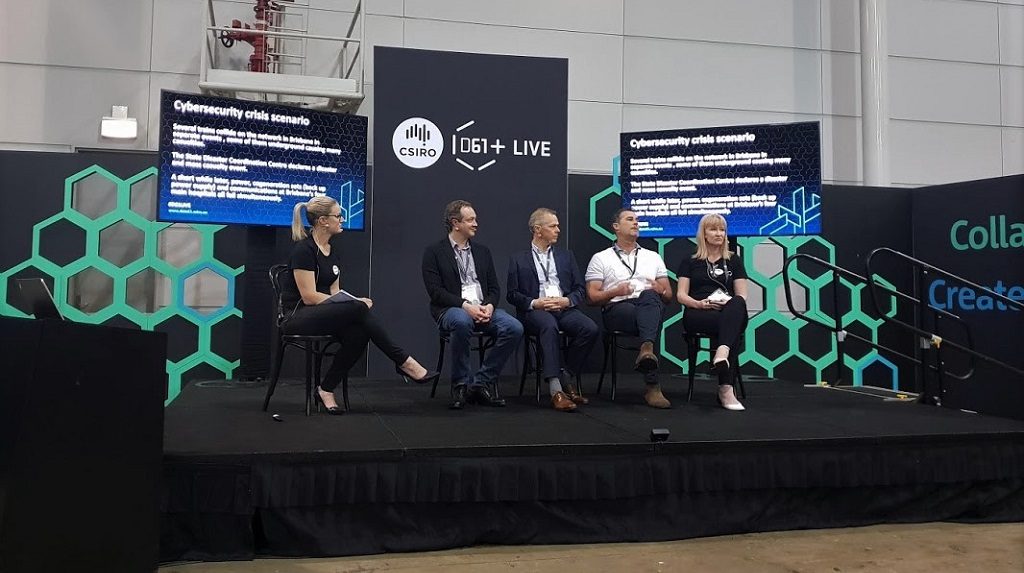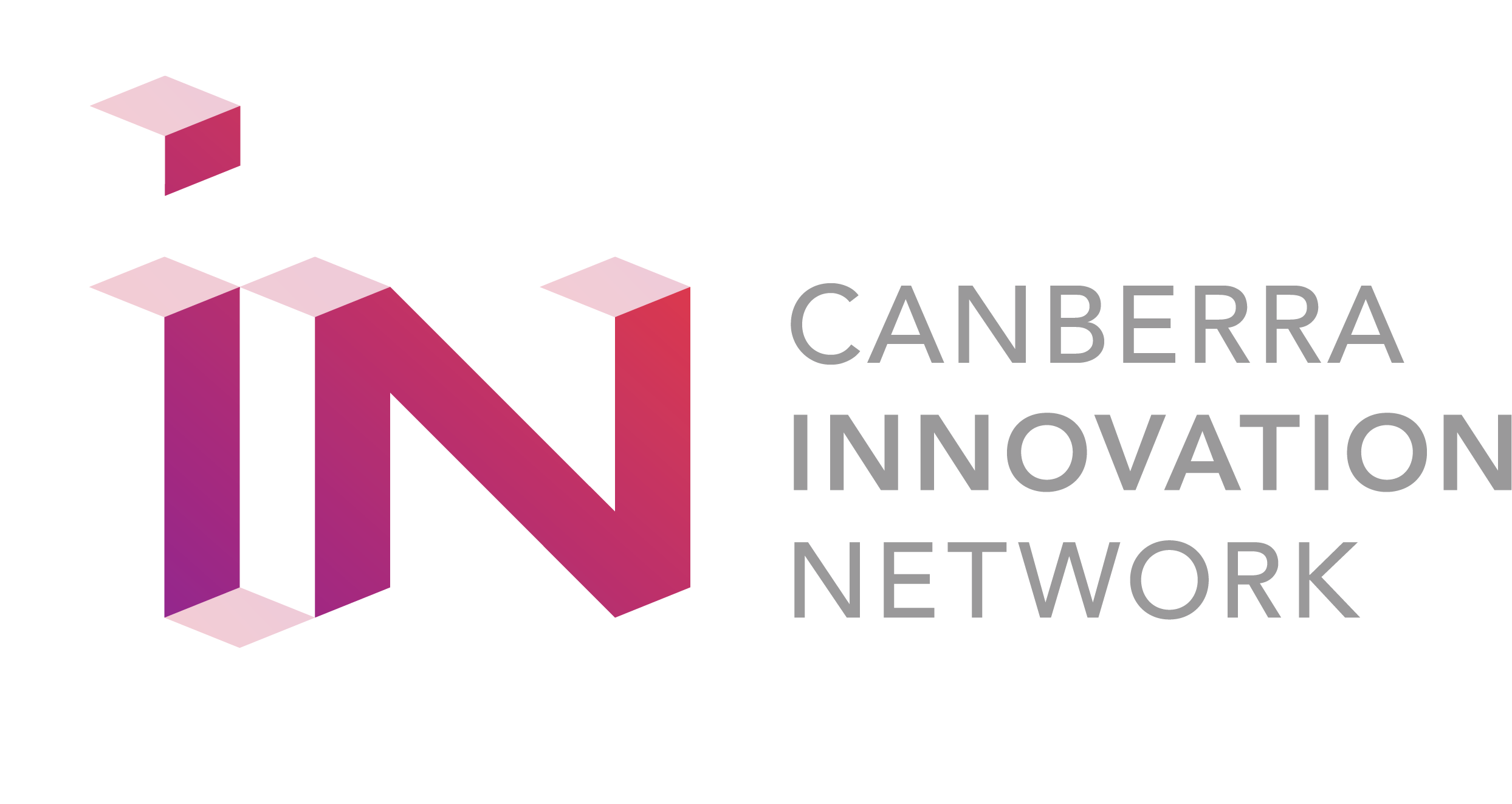
Australia’s best data scientists and tech enthusiasts gathered together in sunny Brisbane for D61+LIVE 2018 last week over two days at the Brisbane Convention and Exhibition Centre.
This showcase of CSIRO and Data61’s science and technology innovations brought in a huge range of international and national experts to share their know-how on artificial intelligence (AI), robotics, cybersecurity, blockchain and all things data.
The vast experience and knowledge in the building mixed with cutting edge data science technology created an atmosphere of an excited yet cautious curiosity. From quantum technologies to digital megatrends and global shifts underpinned by technology, here are a few things we can’t stop thinking about.
The voice revolution
Gartner predicts that 30% of all web browsing sessions will be voiced-based by 2020, and Kate Burleigh, Country Manager of Amazon’s Alexa thinks we’ll be there by the end of 2018. “Voice represents the next major paradigm in computing” says Burleigh.
Voice experiences are transforming the way we interact with technology and the world around us which is interesting considering voice is the first and most intuitive form of human interaction we know.
But Amazon is providing us with more than a virtual assistant with Alexa Voice Service, a cloud-based service that allows any manufacturer to integrate Alexa for free, and Alexa Skills Kit, which opens up the code for developers to build and tinker their own inventions and uses.
“What was once in the realm of science fiction writing, we now have in the home” says Burleigh.
Our fundamental human right to Privacy
Robo-debt, #Censusfail, barcoded ballots and MyHealth Record, we have had no shortage of data-privacy scandals over the past few years – but do we need these disasters to make the public aware of their privacy?
“[The internet] is built on a business model of capitalist surveillance” says Dr Monique Mann from Queensland University of Technology, referring to Google and Facebook’s monetization of user data for advertising and customer surveillance (you didn’t read those Terms and Conditions, did you?).
However, treating your data as something with a monetary value can be a very dangerous concept, bringing up issues of its current value verse its future value. “Privacy can be a business opportunity” says Dr Dali Kaafar from CSIRO’s Data61.
The silver lining of the situation is that the more scandals we have involving our data, the more people are caring about their own privacy rights and needs. “Consumer action, awareness and education are crucial for change” says Mann.
Bridging the Valley of Death
Behind every breakthrough technology that drives change is science and not surprisingly, a large topic at D61+LIVE was translation of research.
“In research we’re spending money to create the ideas and in development we are using those ideas to create money, but it’s that translation we need to work on” says Shane Arnott from Boeing.
The Valley of Death refers to the period between funded research and funded trials where there is high risk and little support. Dr Sue Keay of ARC Centre of Excellence for Robotic Vision says, “Incentive structures for academics don’t encourage the development of their research, it encourages them to go back and do more research.”
Consensus: Research is useless unless you do something with it.
After two days of learning what’s possible and plausible, how are we shaping our preferable future?
Announced at the conference was the Digital Innovation report which states how over the next decade, digital innovation can deliver $315 billion in gross economic value to Australia and outlines 8 highly potential data-driven opportunities. CSIRO’s Data61 are working with government, industry and academia to bring together the innovation ecosystem. “We believe Australia can lead the world in change and not just respond to it.”
Great case studies:
The robots that saved Pittsburgh
The immortal life of the Enron E-mails

